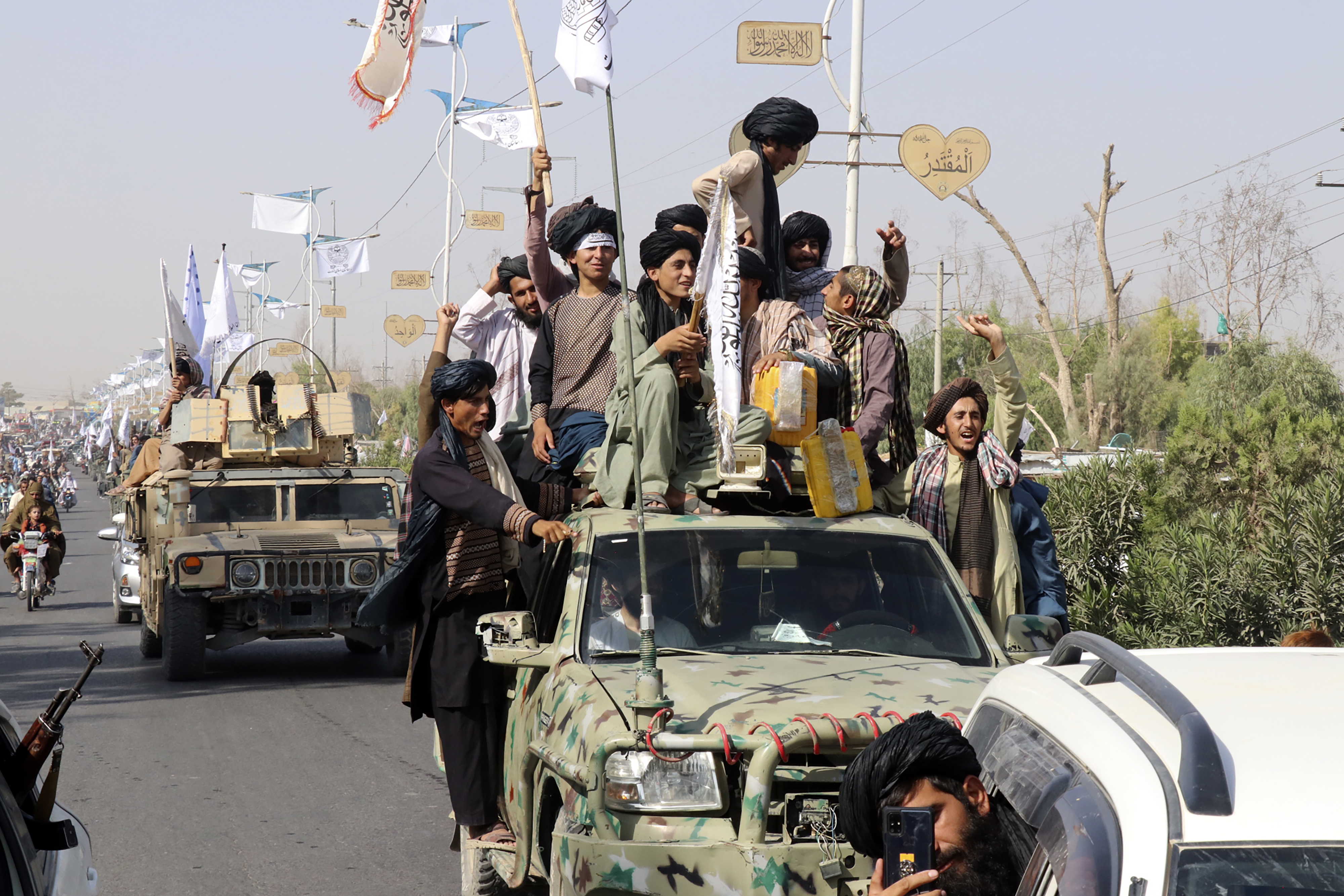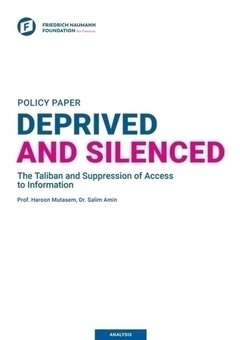Afghanistan
Deprived and Silenced: The Taliban and Suppression of Access to Information

Seit drei Jahren herrschen die Taliban in Afghanistan.
© picture alliance / ASSOCIATED PRESS | Abdul KhaliqAccess to information is the cornerstone of a free society, enabling the free flow of ideas and opinions without government or regime interference. This fundamental right is crucial for maintaining the integrity and accountability of an open society and a vibrant liberal democracy. However, the resurgence of Taliban rule in Afghanistan has gravely undermined the attempts, although with shortcomings, to gradually implement these principles, particularly the right to information. The Taliban’s ironclad control over information has shrouded the country in profound darkness, severely affecting Afghan lives and exacerbating the humanitarian crisis. This dire situation is further compounded by the collapse of transparent governance and the complete absence of independent media.
Before the Taliban's return in 2021, Afghanistan had made notable strides in promoting transparency and civic engagement through progressive laws governing information access. These landmark measures, praised internationally, represented small but significant steps toward strengthening the country’s nascent democracy. However, with the Taliban in power, these gains were swiftly dismantled, leading to a dramatic erosion of the free exchange of information and a gradual silencing of voices within the country.
This policy paper examines the profound consequences of the Taliban’s assault on the right to information, emphasizing the erosion of established norms and their replacement with arbitrary decrees. The measures in these decrees to control the media and restrict access to information are systematic and targeted. Actions such as banning demonstrations, implementing strict guidelines for journalists, censoring foreign media, and suppressing criticism serve to manipulate public perception. These measures ensure that only information aligning with the Taliban's agenda is disseminated. The Taliban's violations constitute a flagrant breach of fundamental international legal standards, including the right to life and freedom from torture. Their actions not only infringe upon these essential human rights but also disrupt humanitarian aid efforts for Afghanistan and undermine the international rules-based order. The lack of information about the Taliban’s engagement with terrorist organizations leaves the global community in the dark.
To address this crisis, the international community must isolate the Taliban and seek justice for their crimes against vulnerable populations in Afghanistan. Strengthening global and exile media is crucial for documenting and exposing these violations. The paper further recommends intensifying pressure on the Taliban to compel a reduction in their draconian measures and to restore some measures of information freedom.


